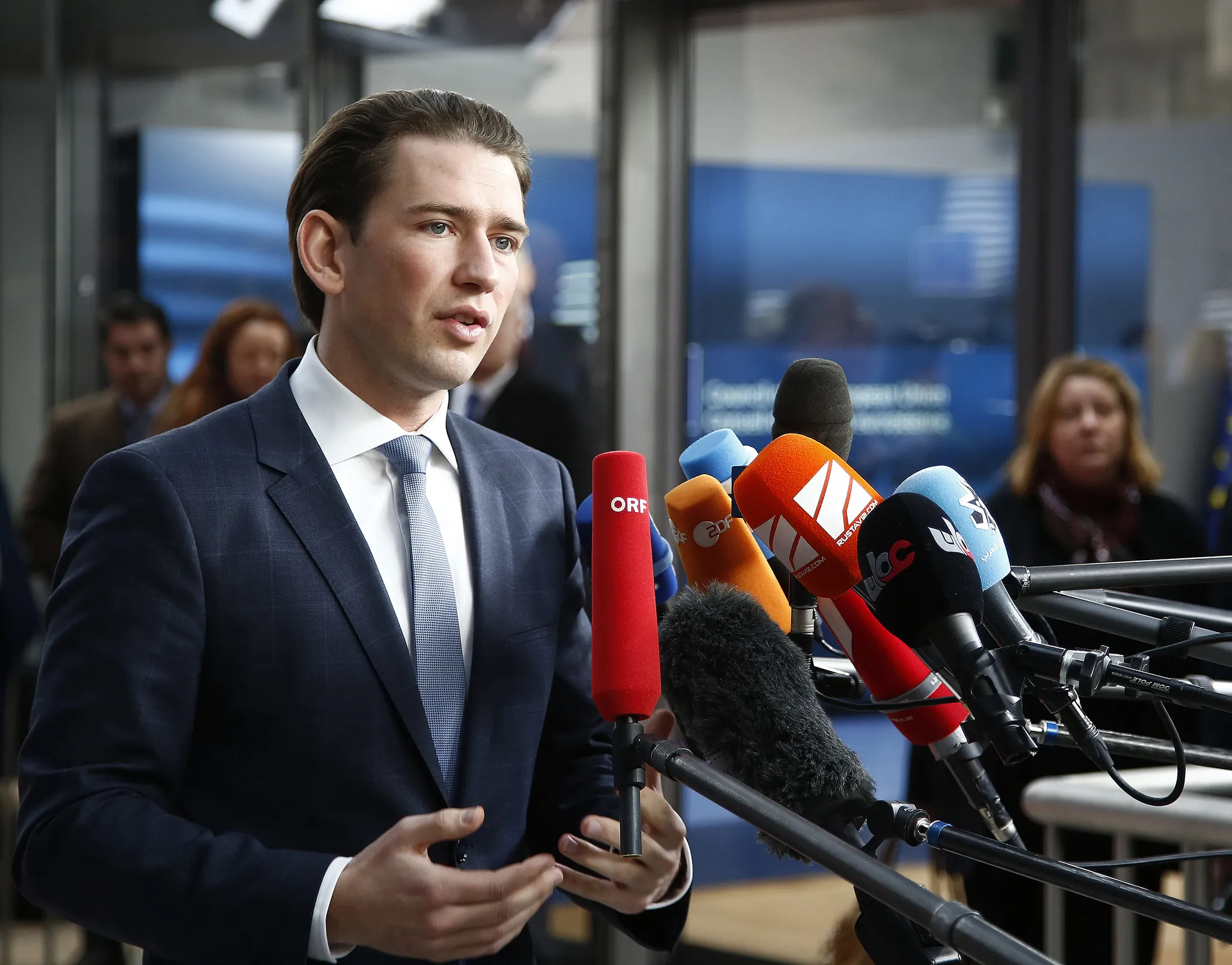The rise of populist and nationalist parties in Europe: How to break the trend

Disclaimer: Views expressed in this commentary are those of the staff member. This commentary is independent of specific national or political interests. Views expressed do not necessarily represent the institutional position of International IDEA, its Board of Advisers or its Council of Member States.
Traditional European parties, both on the right and left side of the political spectrum are increasingly losing support to newer, populist or nationalist parties. Following similar examples from Sweden, Finland, the Netherlands and France, the recent Austrian and German elections are a case in point. The question is: why is this happening now and can traditional parties recover?
Unlike 2005, the results of Austria’s general elections last Sunday, were received with neither shock nor outrage, as they only seem to confirm the trend of populist and nationalist parties gaining ground in European elections. Although the official winner was the conservative Austrian People's Party (ÖVP) and its young leader, Sebastian Kurz, The Freedom Party of Austria (FPÖ) were entrusted with 27.4 per cent of the vote. Similarly in Germany, Angela Merkel and her Christian Democratic Party (CDU) won the September elections to the German Bundestag. At the same time, the CDU also had one of their worst elections ever, with their support radically shrinking by almost 7.4 per cent, from 34.2 per cent to 26.8 per cent. The Social Democratic Party did almost as badly, losing 5.2 per cent of their vote, despite a promising start to their campaign. Many argue that it was actually the “Alternative für Deutschland”, the recently established right-wing nationalist, populist party that won the elections. With 12.6 per cent of the votes, they didn’t just secure a first-time presence in the parliament, they also received a relatively strong mandate in one of Europe’s most influential national decision-making bodies. Following similar developments in Sweden, France, Denmark, Norway and Finland, the question arises: why are traditional, historically stable parties losing voters to populist or nationalist parties, why now, and can they recover?
Around the world, political parties are among the least trusted institutions in society and many citizens question whether they still can represent them and handle their societies’ current problems. Particularly in Europe, this growing distrust and dissatisfaction has contributed to the rise of extremist parties or movements. In the Global State of Democracy , to be launched in November, International IDEA describes the changing nature of political parties and the crisis of representation as one of the main challenges to democracy today.
There are tree main factors contributing to the rise of populist and nationalist parties in Europe.
First, the global nature of current challenges and crises, such as increased migration and an unprecedented influx of refugees, changes in the labour market due to technological advancements, increased socio-economic inequalities and globalisation have left traditional political parties with little policy control on a national level. Problems that previously could be solved on a country level are now more difficult to overcome due to their transnational character and the intricate and interdependent decision-making systems between nations. As a result, many political parties are seen by the public as being unable or unwilling to solve the pressing problems of the day, or even worse, acknowledge them. This perceived lack of political decision-making and political vacuum has given space to populist, nationalist or single-issue political forces that some citizens view better represent them, their true problems and concerns. It is important for many traditional parties to engage in soul-searching to understand how they lost touch with their supporters.
Second, the rise of both perceived and real socio-economic inequalities, following the latest financial and economic crisis, unbalanced globalisation and the fourth industrial revolution. Outsourcing of manufacturing jobs to low-wage countries, an aging population, increased unemployment and technological advancements requiring highly skilled professionals have widened the gap between the rich and the poor. Even in countries like Sweden, traditionally a symbol of socio-economic equality, recent years have seen a widening income gap, which has contributed to an increased perception of a divided society. The nationalist, right-wing party, the Sweden Democrats, quickly capitalized on this sentiment, and by linking it to migration, managed to attract both traditionally left-wing and right-wing voters. Similarly in France, Marine Le Pen’s Front National used increased socio-economic inequality as one of her main arguments against the effectiveness of traditional parties, thereby profiling herself as pro ‘the people’ and against the establishment. Traditional political parties should examine what they have done to either increase socio-economic inequalities or to reduce them, for example through inclusion and fiscal policies.
Third, some new populist political parties and movements often start and gain support by being predominantly single-issue parties: some are against migration, some against globalisation, and others against the EU. By doing so, they can easily attract and channel people’s dissatisfaction with the current state of affairs. In contrast, established parties have, at least in theory, sought to provide a complete set of political solutions for society, often guided by an ideological conviction. In today’s society where opinions and solutions are sometimes expressed in 140 characters, echo chambers and single-issue interest groups, the comprehensive programmes of political parties have proven to deter rather than attract voters.
For traditional political parties to regain citizens’ trust and stop losing voters to extremist or populist parties and movements, the Global State of Democracy puts forward four themes: increased socio-political inclusion; greater efforts to reduce inequalities in party membership and representatives; the return to a fact-based dialogue between decision-makers and the electorate; and increased responsiveness to the electorate between elections. By focusing on these, traditional political parties may be able to create the necessary conditions to overcome the crisis of representation and, in the long run, contribute to stable and more resilient democracies.





